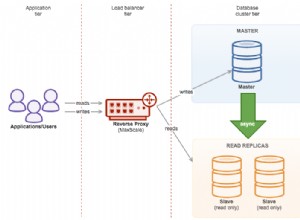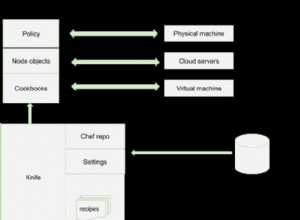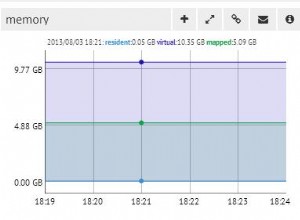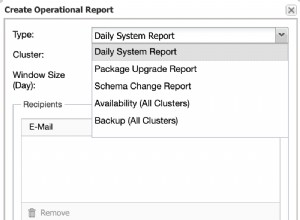AGGIORNAMENTO: A partire da MongoDB v4.1.11, sembra finalmente esserci una buona soluzione per il tuo problema che è documentata qui .
Risposta originale:
Come ho scritto nei commenti sopra, $regex non funziona all'interno di $cond al momento. È disponibile un biglietto JIRA
per quello ma è, ehm, beh, aperto...
Nel tuo caso specifico, tendo a suggerirti di risolvere quell'argomento sul lato client a meno che tu non abbia a che fare con quantità pazze di dati di input di cui restituirai sempre solo piccoli sottoinsiemi. A giudicare dalla tua query, sembrerebbe che tu recuperi sempre tutti i documenti appena inseriti in due gruppi di risultati ("Sì" e "No").
Se non vuoi o non puoi risolvere questo argomento sul lato client, ecco qualcosa che usa $facet (MongoDB>=v3.4 richiesta) - non è né particolarmente veloce né eccessivamente carino, ma potrebbe aiutarti a iniziare.
db.captions.aggregate([{
$facet: { // create two stages that will be processed using the full input data set from the "captions" collection
"CallToActionYes": [{ // the first stage will...
$match: { // only contain documents...
"plainText": /leave\sa\scomment/i // that are allowed by the $regex filter (which could be extended with multiple $or expressions or changed to $in/$nin which accept regular expressions, too)
}
}, {
$addFields: { // for all matching documents...
"CallToAction": "Yes" // we create a new field called "CallsToAction" which will be set to "Yes"
}
}],
"CallToActionNo": [{ // similar as above except we're doing the inverse filter using $not
$match: {
"plainText": { $not: /leave\sa\scomment/i }
}
}, {
$addFields: {
"CallToAction": "No" // and, of course, we set the field to "No"
}
}]
}
}, {
$project: { // we got two arrays of result documents out of the previous stage
"allDocuments" : { $setUnion: [ "$CallToActionYes", "$CallToActionNo" ] } // so let's merge them into a single one called "allDocuments"
}
}, {
$unwind: "$allDocuments" // flatten the "allDocuments" result array
}, {
$replaceRoot: { // restore the original document structure by moving everything inside "allDocuments" up to the top
newRoot: "$allDocuments"
}
}, {
$project: { // include only the two relevant fields in the output (and the _id)
"videoId": 1,
"CallToAction": 1
}
}])
Come sempre con il framework di aggregazione, può essere utile rimuovere le singole fasi dalla fine della pipeline ed eseguire la query parziale per comprendere cosa fa ogni singola fase.




